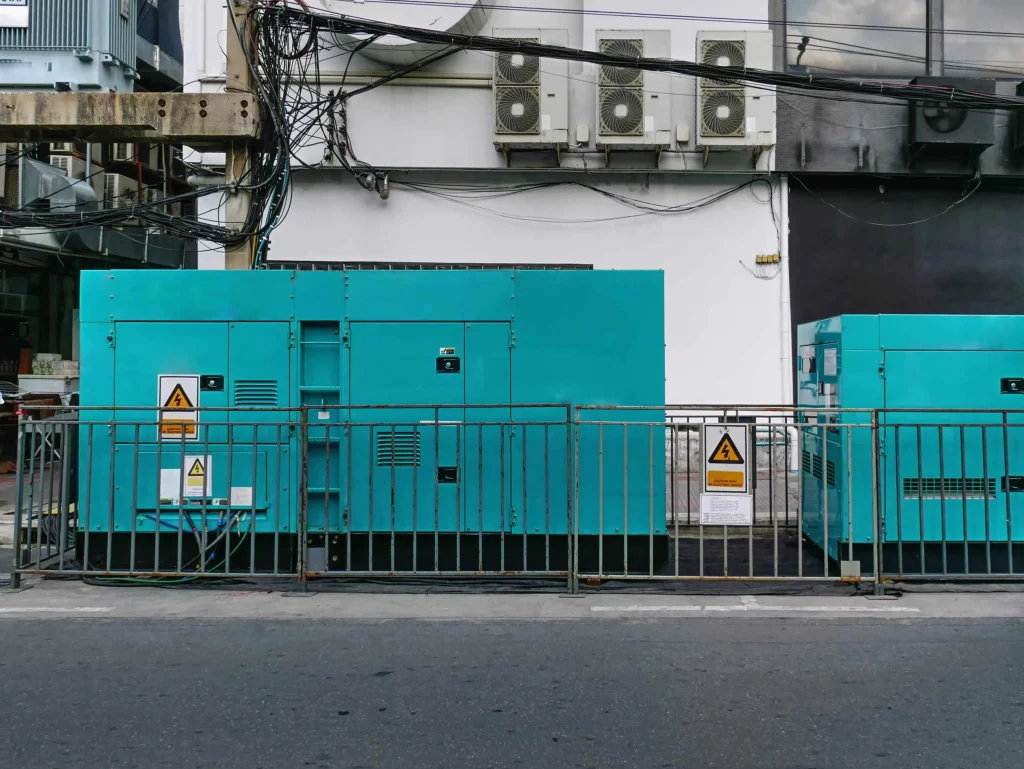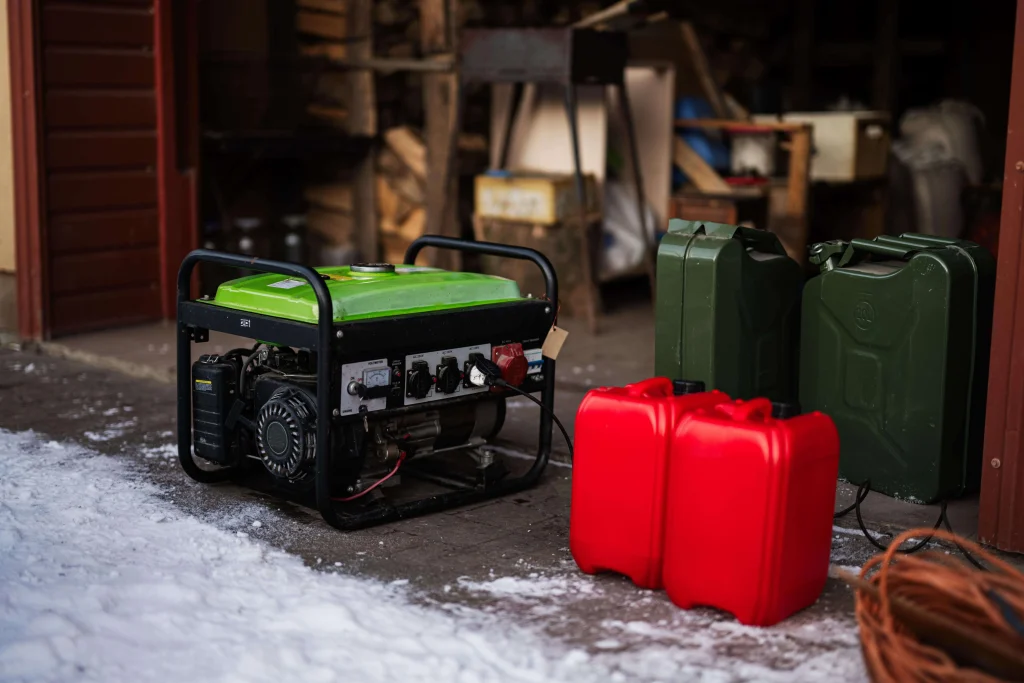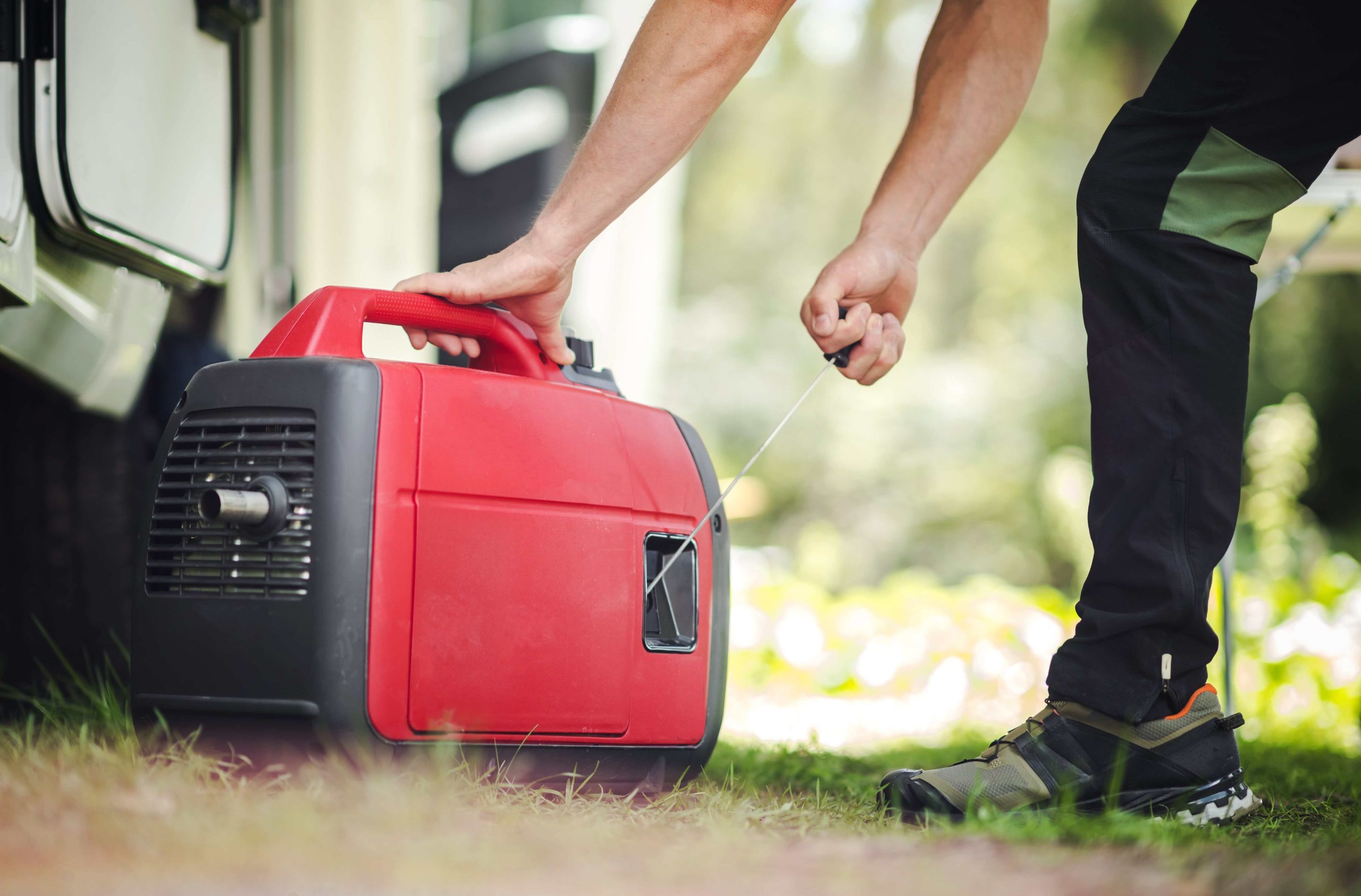Whenever a discussion regarding a power outage is forwarded, the idea of having a generator as a backup generator or source of electricity is often mentioned. Generators come in many types, such as an electric generator, a portable generator, a standby generator, and the like. You will usually find owners of generators have them placed in a generator frame stored somewhere in their house and lot. Hence, having a generator in your house is valuable, and this blog will explain why.
What Is a Generator?

Generators are an appliance most commonly known for providing backup energy, such as electrical energy, mechanical energy, electrical power, mechanical power, or electrical output, in the event of an electrical outage. There are different kinds of generators, but generally, generators are able to power appliances and even an entire house. It should be noted, however, that generators must be professionally installed and approved by your local utility company.
Serving as a secondary source of power, generators are useful for their industrial and residential applications, in which certain built-in generators, like standby generators or a backup generator, start generating electricity upon detection of a power outage in your house and lot. This blog will tackle how generators work in general, how they are maintained, the main kinds of generators, and the benefits of owning one.
How Does the Generator Work at Home?
The common perception about generators is that they create electricity by themselves, when in fact generators do not create electricity within them. Generators are able to produce power by utilizing mechanical energy to “force the movement of electric charges present in the wire of its windings through an electric circuit.” Instead of creating energy, generators induce the flow of electricity.
Thus, the modern generator makes use of the concept of electromagnetic induction, wherein a wire that has electric charges, called the electrical conductor, is forcefully moved in a magnetic field to create mechanical power to produce an electric current. This process works through the combination of the many parts a generator usually has, such as outlets, an alternator, a fuel tank, a combustion engine, and a starter.
The Main Kinds of Generators

Standby Generators
A standby generator is the kind of generator that can start producing backup power once a power outage happens in your house and lot. Standby generators are deemed the best choice of a generator to have in your house by providing your home energy, electrical energy, and electrical power, through automatic starting and natural gas. Moreover, standby generators have several fuel options like propane, which is less risky when storing. Since standby generators run on natural gas, they are able to run for extended periods of time while powering your entire house. A standby generator has an output voltage of 5,000 to 20,000 watts.
Inverter Generators
An inverter generator is a generator that provides energy to certain appliances, providing similar amounts of power to portable generators, which are another kind of generator. What makes inverter generators stand out, however, is that they are quieter and more efficient, ensuring that the power produced meets the demands of the house. Moreover, inverter generators produce much fewer emissions, preventing risks of having harmful emissions pollute your house, like carbon monoxide poisoning.
Portable Generators
A portable generator, similar to an inverter generator, provides energy for appliances in your house, like stoves, refrigerators, and outlets. Portable generators use gasoline, natural gas, and liquid propane in their fuel system, and can function wherever they are placed in a house and lot. Although, it is important to not store portable generators in enclosed spaces since they can cause a buildup of harmful gases like carbon monoxide poisoning if you are not careful. These generators are smaller in size, which is why they are called portable.
Why Generators Are Important
There are many benefits to owning a generator in your home. If you are considering investing in a generator to have on your property, then the following benefits may help you decide:

Preventing spoiling of stored food
When a power outage happens, your refrigerator stops running as well. In the event that there will be a lack of electricity for an indefinite amount of time, the quality and safety of your food will be at risk. As a result, your food may get spoiled and prove to be a health hazard for you and your family. A generator prevents this and keeps your refrigerators running even in power outages.
Ensuring security and safety in your house
Power outages at night lead to a loss of light, making it hard to navigate your surroundings. This can lead to accidents such as tripping or breaking of objects in your house and lot. Moreover, if you have security appliances in your house such as security cameras or parts of your house that run on electricity such as automatic doors and garage doors, then a generator will ensure that the security and safety of your house are maintained.
Having a backup plan for cold or hot seasons.
Cold seasons call for heaters while hot seasons call for air conditioning. Hence, a power outage in any of these two seasons can cause for serious lack of comfort. Having a generator serve as backup power for your house will let you not worry about having the inside of your house be too hot or too cold to the point wherein it starts to damage systems and furniture in your home.
Protects the functioning of your plumbing system
One of the most vital resources in your house and lot is your water system. You use to cook, bathe, maintain your hygiene, and many more. A power outage will lead to your water system being cut, which is a serious problem if the power outage will last for days. Hence, having a generator in your house will make sure you have a steady supply of clean water, even in power outages.
Being efficient even in power outages
Having generators that are efficient, such as standby generators, is able to keep your house and lot powered for a significant amount of time. They can also be customized according to the needs of your household since they are integrated into your house’s electrical system. Having a generator ready to supply your house with power in the event of a power outage is not only efficient but practical as well. It won’t just be the house that will be efficient, but you as an inhabitant as well, since you will be able to carry on with your day-to-day tasks despite power outages.
Read more: Everything You Need to Know About Circuit Breakers


